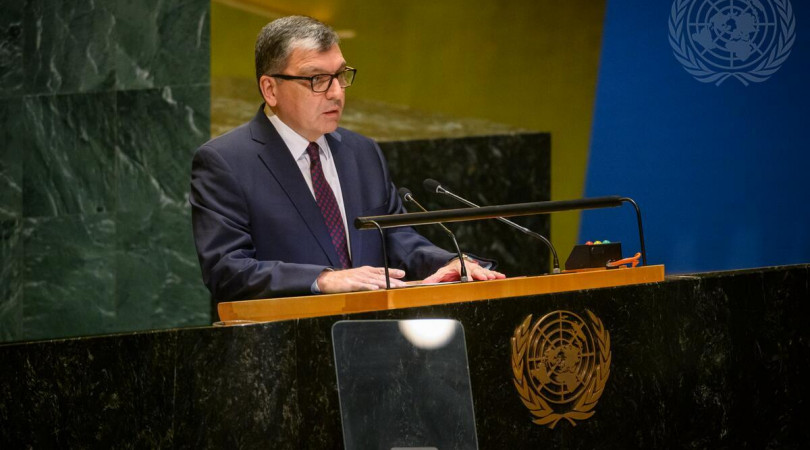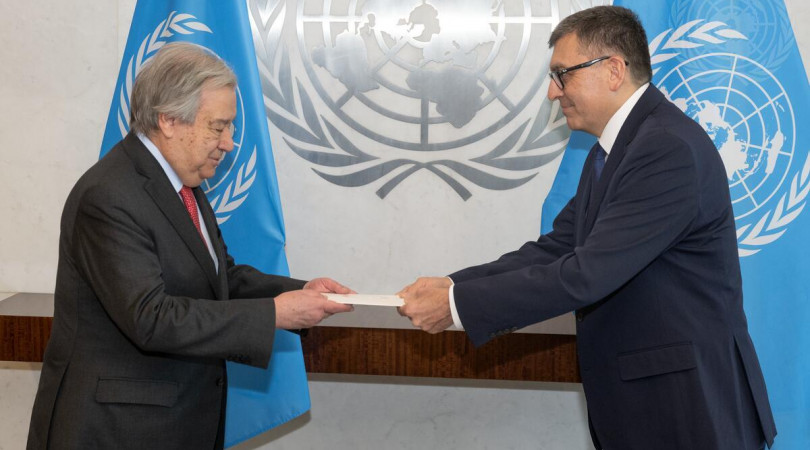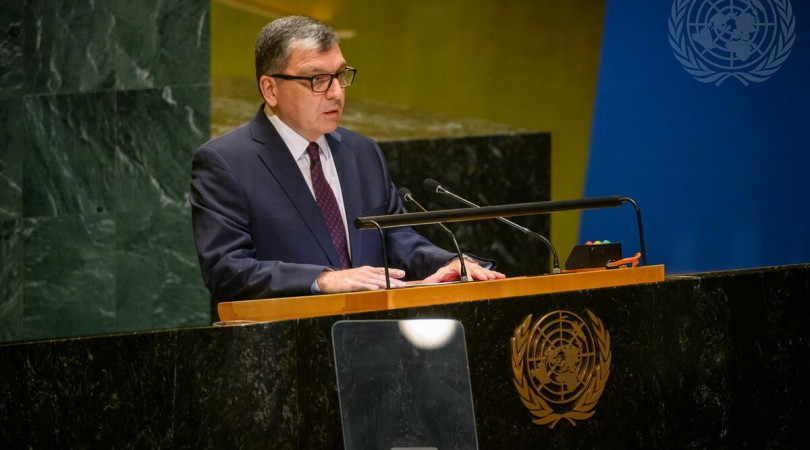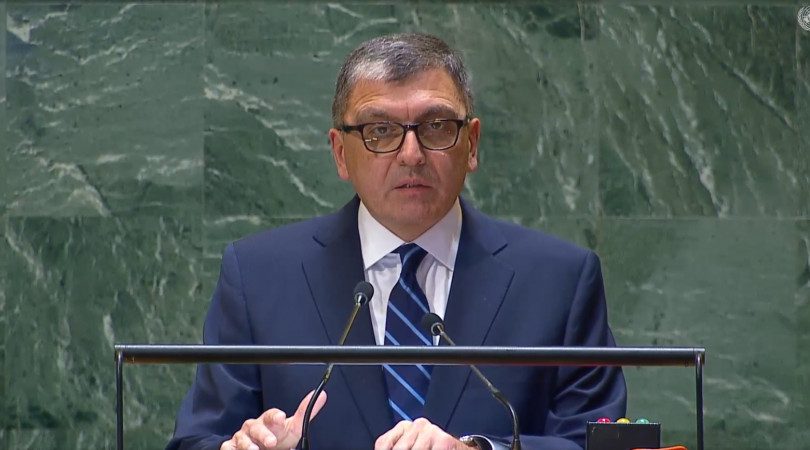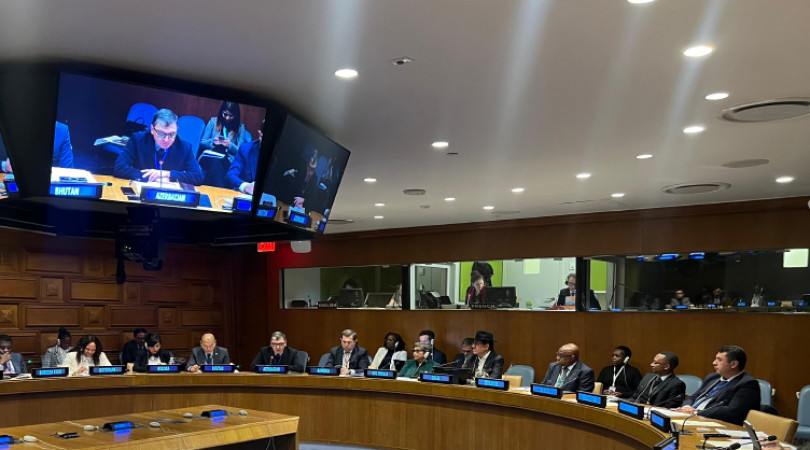"International Recognition of The Khojaly Genocide"
The Khojaly Genocide is recognised and commemorated by parliamentary acts adopted in numerous countries. So far, the legislative bodies of Bosnia and Herzegovina, Colombia, the Czech Republic, Honduras, Jordan, Mexico, Pakistan, Panama, Peru, Romania and Sudan, as well as from more than ten states in the United States of America have adopted relevant parliamentary resolutions.
In its resolution of 8 December 2011, the Senate of Mexico states that on 26 February 1992, units of the armed forces of Armenia attacked the civilian population in the town of Khojaly of the Nagorno-Karabakh region of Azerbaijan and committed genocide by killing hundreds of people, as fully documented by numerous independent sources.
On 1 February 2012, the Foreign Relations Committee of the Senate of Pakistan adopted a resolution in which it unanimously condemns the occupation of the territories of Azerbaijan and the genocide committed by Armenian armed forces in the Azerbaijani town of Khojaly.
On 22 April 2012, the Senate of the Republic of Colombia adopted a document concerning the occupation of the territories of Azerbaijan. The document classifies the Khojaly events of 1992 as genocide, condemns the Armenian occupation of the territories of Azerbaijan and expresses support for Azerbaijan’s territorial integrity and internationally recognized borders.
On 7 August 2013, the National Assembly of the Republic of Panama adopted a resolution “On the occupation of Azerbaijani territory by Armenian forces”. The Assembly condemns in the strongest terms the occupation by Armenia of Azerbaijani territories and the human rights violations committed against Azerbaijanis in the course of the conflict, particularly during the Khojaly genocide of 1992. Furthermore, the resolution urges Armenia to comply with United Nations Security Council resolutions 822 (1993), 853 (1993), 874 (1993) and 884 (1993).
On 1 September 2014, the Foreign Affairs Committee of the Sudanese National Assembly issued a “Statement on the Khojaly killings”. Recalling the Final Communique issued at the 12th session of the OIC Islamic Summit Conference held in Cairo in February 2013, the statement recognises the mass killings in Khojaly as an act of genocide and a crime against humanity, condemns the Armenian aggression against Azerbaijan, expresses support for the territorial integrity of Azerbaijan and urges Armenia to withdraw its armed forces from the occupied territories in an immediate, full and unconditional manner.
The Houses of Representatives of more than ten states in the United States of America, namely, Arkansas (08.02.2013), Connecticut (16.04.2013), Georgia (24.02.2012), Indiana (03.03.2014), Maine (13.03.2012), Massachusetts (25.02.2010), New Jersey (25.02.2012), New Mexico (28.01.2013), Oklahoma (20.02.2013), Pennsylvania (20.03.2013 and 02.03.2015), Tennessee (19.03.2013), Texas (03.03.2011) and West Virginia (03.04.2013) adopted relevant documents recognising and commemorating the Khojaly genocide. Those documents deplore the occupation of the Azerbaijani territories by Armenian armed forces and the killing of over 600 innocent people in Khojaly and honour the memories of the victims. In resolution 1594 of the Georgia House of Representatives, the name Serzh Sargsyan was mentioned in connection with the massacre in Khojaly for the first time in documents adopted by American legislators.
At its 39th session held in Djibouti in November 2012, the Council of Foreign Ministers of the Organization of Islamic Cooperation (OIC) adopted a resolution recognising the crimes committed in Khojaly as genocide.
The Final Communique issued at the 12th session of the OIC Islamic Summit Conference held in Cairo in February 2013, calls upon member states to exert due efforts for the recognition of the Khojaly genocide.
These recognitions are essential to send a political message to the perpetrators that in no way can a culture of impunity prevail and sooner rather than later justice will triumph. Furthermore, this kind of political decision contributes to achieving peace and reconciliation in the region and prevents repetition of such crimes.

